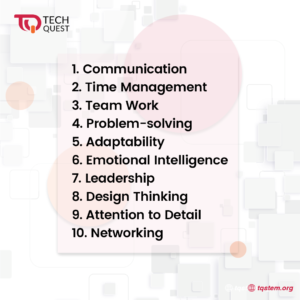
Top Soft Skills Employers Love
What comes to mind when you hear “soft skills?” Do you think they are essential in the workplace or not? There’s a common saying that while your hard skills can get you the job, your soft skills help you keep the job. We believe that might be true, so here are top soft skills employers love.

Top 10 soft skills employers love
1. Communication: Communication is a two-way street, and effective communication is very crucial in any team you find yourself in. You have to be able to communicate your ideas clearly and give feedback when others are communicating as well.
2. Time Management: Time, they say, is money. How well are you able to juggle your work and personal life? How do you handle having to deliver different tasks within the same timeframe? Knowing how to manage your time effectively to deliver quality output is a skill that every employer values.
3. Team Work: Learn to work with people; you won’t always have to work in isolation. Collaboration is essential to your individual growth and the collective success of your organisation.
4. Problem-solving: What hat do you wear when challenges arise? Do you retreat in your shell or are you a forward thinker? Your employer wants to know that if a problem arises, you’re capable of resolving the issues without needing to bring them into the equation except when necessary.
5. Adaptability: It is very important that you are not too rigid or set in your ways. You should be able to adjust when the situation calls for it. As long as your personal values and beliefs are not in question, you should always be ready to bend and conform as the situation demands. Be flexible; move with the times!
6. Emotional Intelligence: Emotional intelligence is one of the most underrated skills in today’s workplace, but very essential. People will always relate with their emotions, and you have to learn to deal with these different emotions.
7. Leadership: Leadership isn’t in the title. You don’t have to be a team leader to lead conversations and innovations at work. Speak up, inspire others, take responsibility, and make moves geared towards making things better.
8. Design Thinking: Think outside the box! Although we frequently associate creativity with disciplines like art or design, the phrase actually refers to a wide range of abilities, from questioning to exploring, and any profession can use creativity in the same way that artists do. Your employer wants you to be creative with your solutions.
9. Attention to Detail: People who pay close attention to details are diligent and cautious, They finish their tasks with few mistakes and spotting potential issues before they become more serious. Employers tend to entrust you with tasks if you are detail-oriented because they know you will ask the necessary questions and devote the necessary time to completion.
10. Networking: On many levels, networking is essential. Discussions with others increase our chances of getting new ideas and finding answers. One advantage of having a strong professional network is that it may be a resource for overcoming obstacles and finding solutions to issues.
Being a successful tech professional definitely requires hard skills, as many technical occupations demand highly specialised knowledge and abilities to carry out essential job duties. But don’t undervalue the influence of soft skills, either. In the tech world, soft skills can distinguish between a qualified job prospect and one who can grow into a leader and an important team member.





